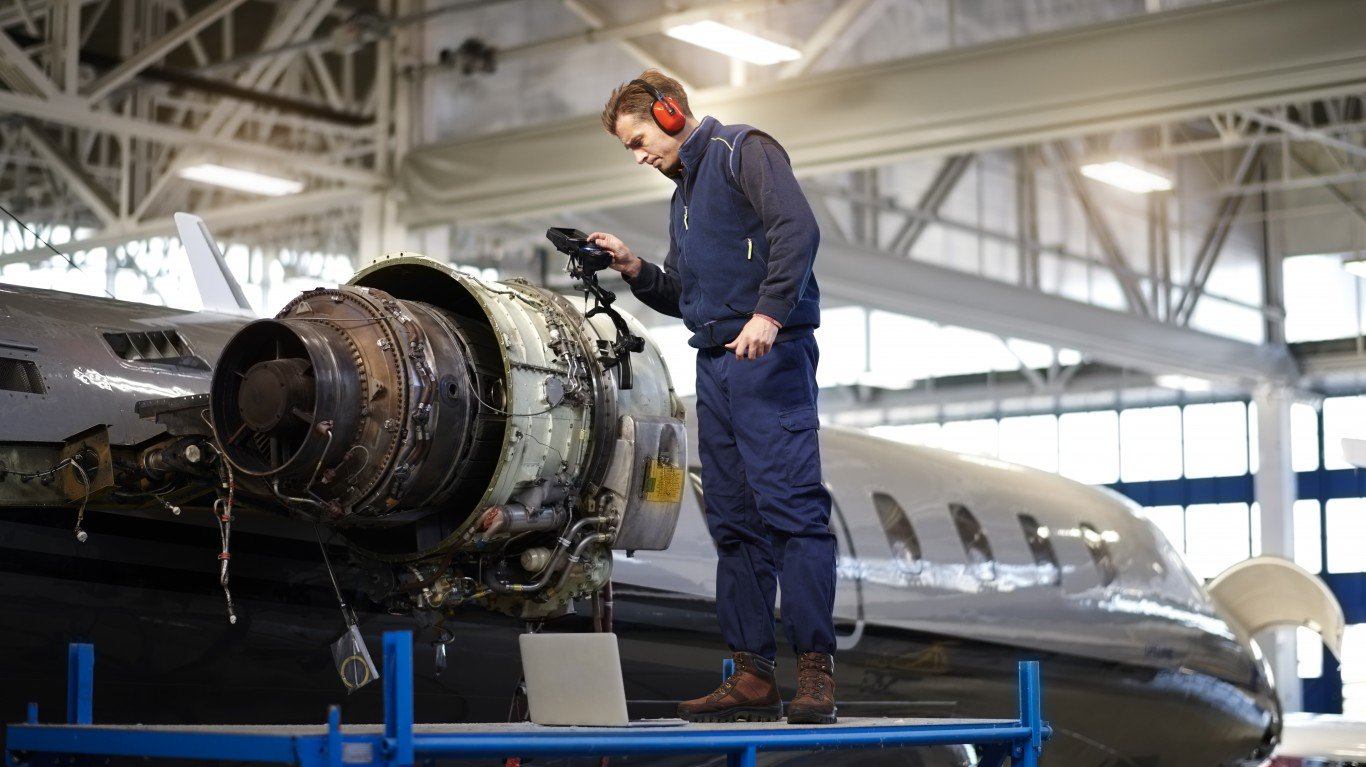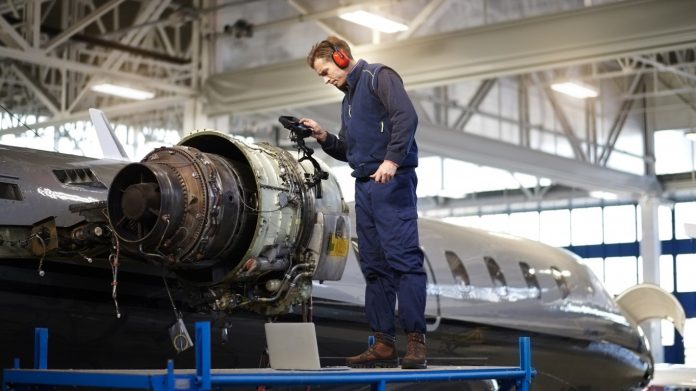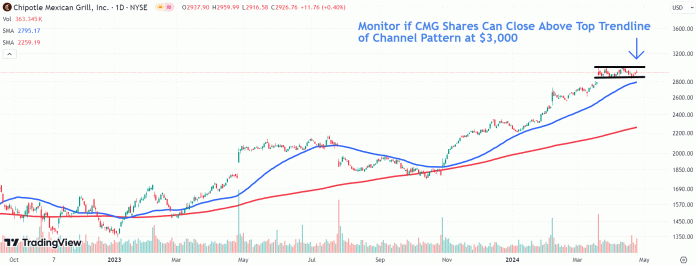 Aerospace Engineer Salary: Soaring to New Heights in the Field of Engineering
Aerospace Engineer Salary: Soaring to New Heights in the Field of Engineering
Without the brilliant minds of aerospace engineers, our dreams of conquering the skies and exploring the depths of space would remain unfulfilled. These professionals are responsible for designing, testing, and manufacturing aircraft and spacecraft, applying their knowledge of physics, mathematics, and engineering to create groundbreaking technologies. In this article, we will delve into the world of aerospace engineering, exploring the skills required, the average salaries, and the career prospects in this exciting field.
Aerospace engineering has long been regarded as one of the most challenging and demanding professions. With great responsibility comes great effort, concentration, intelligence, and creativity. Aerospace engineers develop, design, create, and launch satellites and crewed aircraft, making them accountable not only for expensive equipment but also for people’s lives. The complexity of their work necessitates a wide range of knowledge and skills in areas such as mathematics, physics, engineering design, materials science, avionics, aerodynamics, propulsion, system analysis and integration, programming and computer modeling, project management, communication, and crisis management.
But what about the salaries? Do aerospace engineers earn six-figure incomes? The answer is a resounding yes. The salary of an aerospace engineer varies depending on factors such as experience, specialization, company, and country. For instance, a novice specialist at ISRO can expect a minimal income and compensation package, while those with ten years of experience at NASA, Boeing, or SpaceX are guaranteed a six-figure salary.
Experience plays a crucial role in determining an aerospace engineer’s salary. There are five levels of experience for these professionals: entry-level (less than 1 year), early level (1-4 years), mid-level (4-9 years), late career level (10-20 years), and experienced specialists (over 20 years). As engineers progress through each level, their salaries increase by approximately 10% at levels 2 and 3, and up to 25% at levels 4 and 5. Over a 20-year career, an aerospace engineer’s compensation can more than double. However, continuous development and staying up-to-date with the latest advancements in the field are essential.
When it comes to the highest-paying country for aerospace engineers, the United States takes the lead. The average salary for aerospace engineers in the US is $108,000, with variations depending on the state. Alaska, Massachusetts, and Washington offer the highest salaries due to the concentration of commercial and defense projects in these regions. On the other hand, Florida and West Virginia are the lowest-paying states. Entry-level aerospace engineer salaries in the US start at $42,000 per year, while leading specialists can earn up to $165,000.
In the European Union, aerospace engineers can expect to earn between €50,000 and €70,000 per year, depending on their experience and country of employment. Germany and France are known for their heavy investments in aerospace research and development, making them the highest-paying countries in the EU.
Asia, particularly China and India, is also becoming a promising destination for aerospace engineers. Rapid industrial growth in these countries has led to increased wages. In China, the median salary for aerospace engineers is $45,000 per year, while in India, it is $11,000 (Rs. 900,000).
Working for NASA is a dream for many aerospace engineers. While employment at NASA is limited to American citizens due to national security reasons, there are opportunities with US companies that allow exceptions for foreigners or with local affiliates of international companies.
For those aspiring to work in the aerospace industry, we have compiled a list of the top seven aerospace companies to work for in 2024. These companies include SpaceX, Northrop Grumman, Boeing, Lockheed Martin, Blue Origin, Airbus, and Rolls-Royce. Salaries for aerospace engineers in these companies range from $94,000 to $197,000 per year.
The future looks bright for aerospace engineers, with a projected 6% increase in demand for qualified professionals over the next eight years. This translates to approximately 3,900 new vacancies each year. Factors driving this demand include the need to modernize aircraft for reduced noise pollution and increased fuel efficiency, the growing availability of space launches leading to more commercial satellites, and the rising demand for drones for defense, commercial, and environmental purposes.
A career in aerospace engineering offers limitless potential for professional growth. As the industry continues to innovate and explore new frontiers, engineers in this field play a crucial role in shaping a prosperous and safe future for humanity. While the challenges may be great, the rewards, including high salaries and a chance to reach for the stars, make it all worthwhile.
In conclusion, aerospace engineering is a field that demands intelligence, creativity, and a wide range of skills. The average salary for aerospace engineers varies depending on factors such as experience, specialization, company, and country. The United States leads in terms of salaries, with the highest-paying states being Alaska, Massachusetts, and Washington. European countries like Germany and France are also known for their generous compensation packages. Asia, particularly China and India, is experiencing rapid industrial growth and higher wages for aerospace engineers. With the projected increase in demand for qualified professionals, the future looks promising for those pursuing a career in aerospace engineering. So, if you have dreams of reaching for the stars, a high aerospace engineer salary awaits you in this exciting and challenging field.





